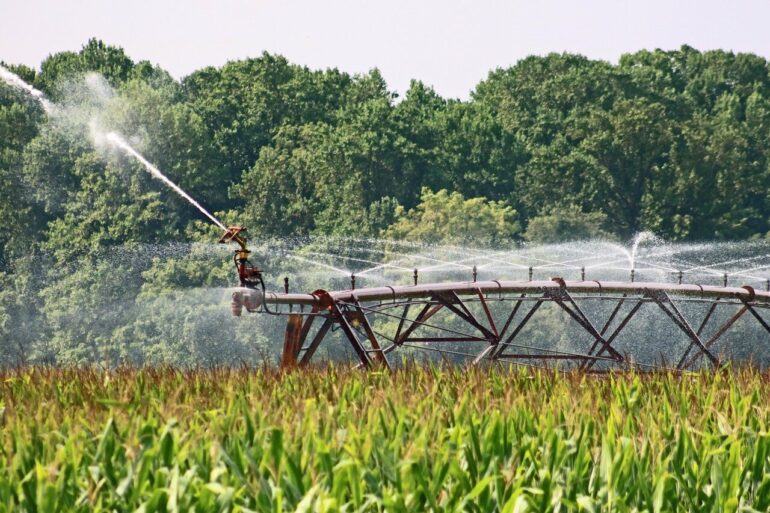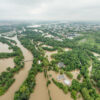An international team of researchers from the University of Bergen and other leading institutions expose severe limitations in large-scale hydrological models that produce estimates for water withdrawals worldwide.
In a comment published in Nature Communications today, they argue that miscalculating the volumes of water withdrawn for irrigation, the largest consumer of freshwater in the world, jeopardizes sustainable water management and can cause social and environmental harm on a large scale.
The authors argue that the Irrigation Water Withdrawal (IWW) estimates produced by large-scale hydrological models are unreliable because they disregard uncertainties and are exclusively based on the engineering/agronomist conception of irrigation, thus overlooking the values and practices of other relevant collectives such as traditional irrigators. To exemplify the risks of these practices, Puy et al. discuss the example of a water model that left six million people without water insurance payouts in Malawi due to wrong assumptions about the crops actually grown by the farmers.
Since these estimates feed into World Water Development Reports, Global Environmental Outlooks and several studies commissioned by the World Bank, they affect policy on the field. Thus, unreliable estimates can potentially lead to grave policy misjudgments that have devastating consequences.
The researchers demonstrate what they call the “mirage of accuracy” created by IWW estimates by gathering all the main quantitative uncertainties in the estimations of IWW and propagating them to see how they affect the estimation of IWW using the case study of Uvalde, Texas. The results evidence that IWW estimates may span two orders of magnitude already at the grid cell level, exposing important overlooked ambiguities and the potential unreliability of the large-scale models.
Corresponding author, Arnald Puy from the University of Bergen, says that to his knowledge, this thorough propagation of uncertainties in the estimation of IWW has not been done before.
“There are many reasons for this: it is computationally very expensive, and modelers are sometimes a bit reluctant to run these analyses because they may reveal uncertainties so large as to render the model useless to guide policymaking. This is precisely what we show can happen.”
What should be done, according to the researchers? In the comment, they suggest three corrective measures: Accepting that uncertainties may not disappear with further research, utilizing computational power to accurately quantify uncertainties, and exposing assumptions that underlie the design and use of the models.
With their research, Puy and his co-authors hope to promote reflection on the way water-related models are designed and used:
“We want to increase awareness of the fact that models are not ‘objective’ constructs, but the consequence of non-unique choices made by their designers. Models that aim at guiding policies, but that have not undergone a systematic assessment of uncertainties and embedded value-laden assumptions, should be seen with suspicion.”
More information:
Arnald Puy et al, The delusive accuracy of global irrigation water withdrawal estimates, Nature Communications (2022). DOI: 10.1038/s41467-022-30731-8
Provided by
University of Bergen
Citation:
Inaccurate global irrigation models can cause extensive societal harm (2022, June 8)



